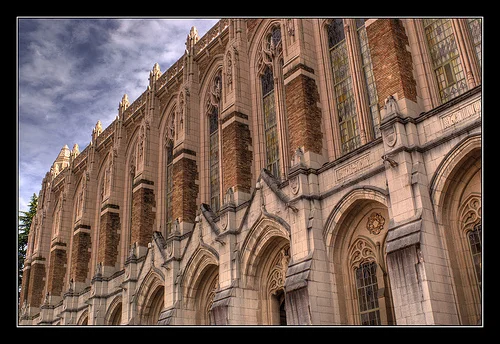Literature and Faith
I love the course because it allows me to talk about my favorite things: poetry and Christianity. But also I love how much is possible under those headings.
European Efficiency: Academic Job Search Edition
As everyone knows, Europeans, compared with Americans, are just plain good at certain things.
Ill-lustrous Academic Job Market
I've looked for so long with trepidation at this moment, it's hard to explain, even to myself, the peace I feel having arrived at it. Bred of hyperbolic warning, the chanting Chicken Little cant had built up for years to say that when you go up on the job market, you will find it a wasteland, cry out for thirst and you will find no water...
Diabolical Anthems
I probably wouldn't think anything of it, were I not lesson-planning for tomorrow's #Milton class, and this song just happen to come shuffling across my iTunes, but how seriously wicked it is, and how typical. I don't know anything about Greg Holden, apart from the fact that he made this song and Insound (where I buy my records) is giving it away for free. It's a beautiful tune, and a heartfelt, bold delivery, even if it's full of annoying non-sequesters, but when the chorus comes, it is perfectly diabolical.
DHSI UVic
Thanks to the Simpson Center for the Humanities at the University of Washington, I was able to attend this year's Digital Humanities Summer Institute, hosted by the University of Victoria in B.C., just up the proverbial street from Seattle. While I learned a lot (and was bewildered often), perhaps the most helpful aspect of the DHSI was incidental to it.
ICR: Shelley Among the Ruins of Language
So should we save an absence? Should we save the void and this nothingness at the heart of the image? -Jean Baudrilliard
Last month, I flew down to Phoenix to give a paper at ASU staged by the International Conference on Romanticism, on the broad topic of "Catastrophes." I've attended the ICR once before, when it was held at Oakland University in Rochester, MI, and had a collegial and intellectually-rewarding time, and was eager to find myself in such company again.


